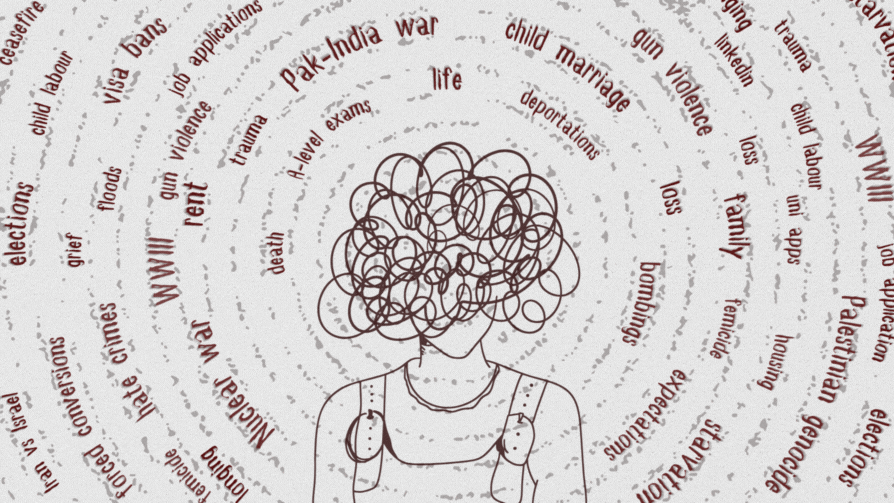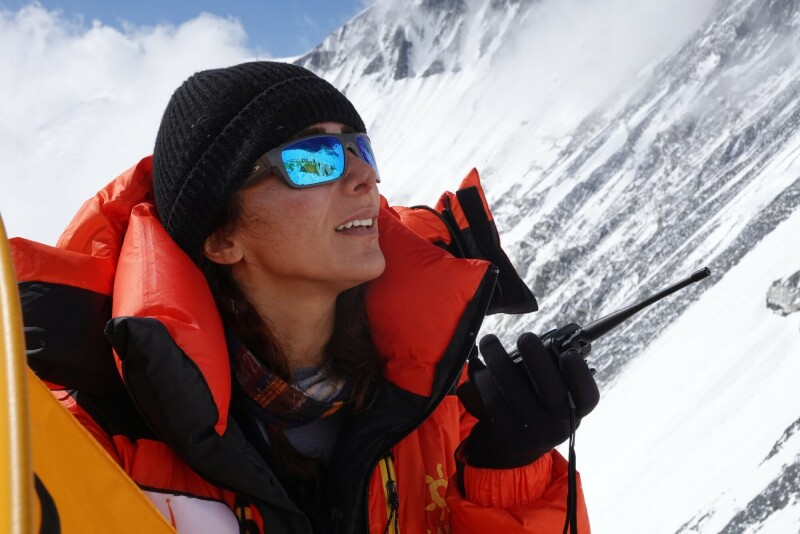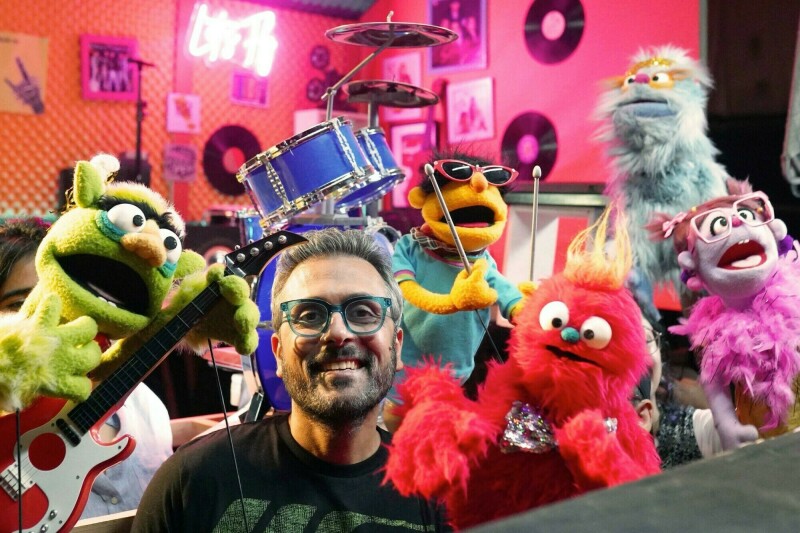Cafe Sweet Tooth is creating protective gear for healthcare professionals
One of the greatest things about Pakistan is that despite the economy and the condition, whenever a natural calamity hits, its people come together to support and help each other.
Pakistan is one of the most charitable ones in the world and it is no surprise that 10 days into the lockdown because of the novel coronavirus, people have come together to donate and pack ration bags to support daily wagers in these uncertain times and help them feed their families.
Like many other people, entrepreneur and restaurateur Umer Hussain also played his role as soon as the virus hit Pakistan and began affecting the daily wagers.
Owner of Sweet tooth, which has 17 branches in Pakistan all the way up to Hunza, Umer’s response to this challenge was to place chillers that were pick and drop off for free food outside his branches.
The idea was that privileged people around us can drop off food at these chillers and those who lost their jobs could pick it up.
Umer’s second response was sending a token of appreciation to healthcare professionals in hospitals. He sent pizzas and molten lava cakes for them as a token of appreciation to keep their hopes and morale high in times when they are working extra hours and risking their lives.
“It's sad that in times like these, people who have the power to support, are thinking about minting money. I wanted to shame the sellers selling kits for 2500 but decided to produce them myself instead”
“I found out from these doctors that they required protective suits and would appreciate if I could arrange those. I went online searching for the PPE kits to donate but the cost of those were too high – Rs. 2500 per kit. I went ahead and ordered only to find out they were regular standard suits that could easily be replicated”.
Earlier, Umer had run a textile business and was a leading manufacturer for knitwear so he understood fabrication, consumption and stitching.
“It's sad that in times like these, people who have the power to support, are thinking about minting money. I wanted to shame the sellers selling kits for 2500 but decided to produce them myself instead.”
Umer then visited a hospital to inspect how healthcare professionals are protecting themselves and was surprised to see them without any preventive measures – not even gloves. He found doctors and nurses totally exposed and realized how there’s a dire need for easily available protective gear.
He came back and began looking for all that it takes to produce protective gear. From the ideal fabric to what kind of stitching is required, Umer produced the first medical grade protective gear with the help of his mother and driver.
“It cost around Rs. 100 to produce each gear and I was utterly shocked that manufacturers are thinking about profits during a calamity like this.”

Umer took it as a challenge to find the material that’s required to make protective gear and get the stitching done in house. “Thankfully, I had stitching units and contacts of tailors so we began the operation and are hopefully going to produce enough protective gear for all public hospitals in Pakistan. I just wish more textile industries were supporting me in this.”
The only way to make individual efforts like these strong and sustainable is to partner with industries because they have the power to scale up. Unfortunately, Umer’s greatest challenge was that none of the textile factories wanted to support him because nobody wants to let go off a money making opportunity.
“Thankfully, after several conversations with Pakistan Disaster Management Authority (PDMA), we partnered with them and began producing gear.”

According to Umer, this is still not enough. He believes the entire textile industry needs to come together and produce protective gear so the lives of our healthcare professionals are not at stake.
“We’ll only be able to sustain this effort once more textile business owners forget about profits and join in this noble cause. This is not the time to think about money making, especially when the entire country is at stake”.
"I have seen units that have 5000+ tailors with the capacity to produce enough overalls overnight say no to helping just because they want to hoard, create a shortage and then cash in on this pandemic. I’m at a loss of words."
The way Umer looks at it is that if you owned a factory that could produce enough to equip doctors for the entire country but still don’t step up and see doctors suffer due to that, will you be able to live with that? He thinks producing protective gear could give work to our labor that needs to make their ends meet.
“I have seen units that have 5000+ tailors with the capacity to produce enough overalls overnight say no to helping just because they want to hoard, create a shortage and then cash in on this pandemic. I’m at a loss of words.”
That still hasn’t lowered Umer’s morale who is busy building his team and supply chain and hopes to deliver free of cost protective gear to doctors at all the corona wards at hospitals in Pakistan.
Production may be the first challenge but delivery and sustainability are challenges that follow right after. After the production began and he gained confidence that they’ll be able to do it, he chalked out a map of which cities the deliveries need to be done in. His map is comprehensive and covers the entire Pakistan but for that he needs support.

Currenly, BD Surgicals and Mars Pharmacies are supporting Umer and his nobble efforts to ensure protective gear reaches all doctors fighting coronavirus. “We’ll be using their supply chain networks and they will help us increase our reach”.
Despite that, Umer needs volunteers to help deliver the gear in different hospitals across the country. He’s actively posting his journey on his Instagram page and can be contacted there.
Umer and his efforts are a prime example of how citizens step up to take social responsibility instead of looking at the state because the challenges that calamities like coronavirus bring can’t be overcome until everyone steps up!













Comments